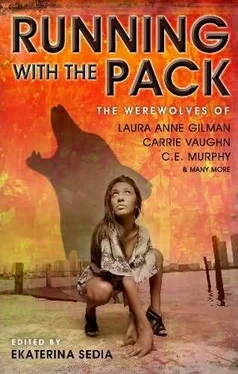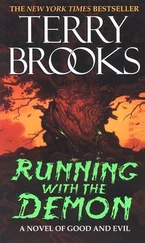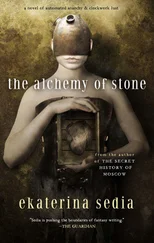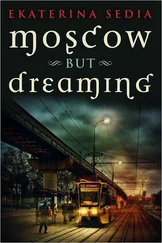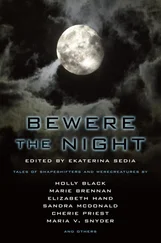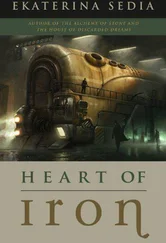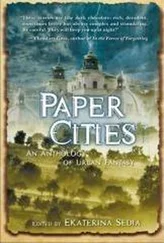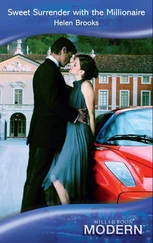“So, Mr. Hayden.” Dr. Pang perched on an adjustable stool at the side of the treatment chair, leaned slightly forward after the fashion of a father-confessor. “What seems to be the problem?”
Hayden settled back, taking absent-minded pleasure in the soft creak of the leather. He stared at the suspended ceiling, the gleaming baffled louvres of the light diffusers, and wondered where to begin. “I had this toothache,” he began; and then thought: God, the toothache, yeah. What about that? Where does pain go, when it goes? We remember the fact of its having happened: rationally, its existence is accessible to us as a memory, and all the rest of it. But does the body itself remember on some cellular level, tissue, meat and pulp? Not in the same way, or else we’d surely go crazy. Imagine if each component part of us had 24/7 sentience in its own right, equal broadcasting time, like candidates in the Presidential debate. Suppose each bone, each nerve ending, had its own hotline to the sensorium; imagine the clamour, as the body became a Grand Central of sensation, a Babel of reaction . . .
“A toothache?” Dr. Pang was waiting patiently. Hayden blinked, and tried to pick up his thread. “Er, sorry, yes. It started about a month ago, I suppose, just as I was arriving in Hong Kong.”
“A month? My goodness.” Dr. Pang was the picture of respectful sympathy. “Four weeks is a very long time to be in pain. Was it perhaps not so bad at first?”
“No . . . I mean yes. It was very painful.” If the Eskimos have all those words for snow, supposedly, then how come extreme discomfort boils down to a single syllable? True pain is irreducible, probably; indivisible, unchanging at the root. There are modifiers, quantifiers, stabbing and throbbing, acute and severe and all the rest of them, but they really just serve to dress up the thing in itself: the monad constant and impregnable, the primordial principle of existence. Ouch . It hurts, therefore I am.
Dr. Pang’s alert expressive face settled into a troubled moue. He shook his head slightly, as if in reproof. “Then you should have come to see me before now. Have you taken anything for the pain?”
Hayden felt in his pockets for the mangled remains of the various blister packs he’d picked up at the pharmacy, and handed them to Dr. Pang to be tutted over. “I was going through those a strip at a time at one point,” he confessed, resettling himself in the dentist’s chair. “Popping them like M&Ms. The thing was, none of them were really working.”
“Of course not.” Dr. Pang was shaking his head again, more in sorrow than in anger. “Over-the-counter medications such as these: you cannot expect them to deal with severe neuralgic pain. The problem must be dealt with at the root, Mr Hayden. Literally, in this case.” He allowed himself an unpresumptuous smile.
“Yes . . . ” Hayden was thinking. “Yes, I see that now, of course. Stupid of me, really.” He rubbed a thumb experimentally along the point of his jaw. “I suppose it must have been around the third night when I just couldn’t bear it any longer . . . ”
Somewhere towards the witching hour, after the last of the cheap pills had worn off, he admitted to himself there was nothing for it but to seek help. He ought to have done it before, of course, but a quick status check had confirmed his worst fears: his bargain-basement traveller’s insurance didn’t cover emergency dental treatment. He’d have to pay for the treatment himself, and if the pricing policies of the first ten local dentists on the list he’d googled on his laptop were at all representative, even a quick backstreet extraction sans anaesthetic would leave a hole in his current account roughly the size of Hong Kong harbour. This trip was running on the very edge of profitability as it was: one thumping dental bill would leave him dangerously out of pocket.
Over and above that—go on, admit it—he just didn’t like dentists. They scared him: everything about them, their white coats, their whirring drills, the lights they shone in your eyes. Their cold unblinking stares, as they leaned over you and stuck sharp metal spikes into your soft pink gums. The way they charged you an arm and a leg for the privilege of inflicting their medically sanctioned torture. Dentists? Monsters. Who else would volunteer for a job like that? It was a measure of the extremity of Hayden’s predicament that he’d even considered going to one in the first place. Now, having come to the end of his tether, he was checking through the small-print of his freelance employment contract to see whether it might cover medical treatment. It didn’t, of course: Hayden could almost hear the sniggers of the sadists in the legal department as they carefully precluded even the possibility of such a claim. Smug toothy bastards. He stuffed the contract back in his briefcase, riffled through the rest of his papers—
—and came up with the Scientific American he’d bought for the flight. The magazine was folded open to the last article he’d been reading, back on the plane: “MIRACLE” CHINESE DENTAL TREATMENT TO UNDERGO TRIALS IN WEST. Squinting from the pain, he tried to focus on the headline; the final clause dissolved beneath his crosseyed scrutiny, leaving just four enormous words that filled the entire page, like newspaper declarations of war. “MIRACLE” CHINESE DENTAL . . . and as he stared, those super-cautious quotes, those weasel qualifiers, seemed to dwindle all the way into transparency and pop like tiny bubbles in champagne. A miracle; Christ, yes, that was what he wanted, a bucket of that, please.
The hotel porter, once buzzed up to the room and acquainted with the contents of Hayden’s wallet, was gratifyingly eager to help. Hayden handed him the copy of Scientific American : scanning through the article intently, he nodded from time to time, then looked up. “You want—drugs!” he announced brightly.
“No—well, sort of, yes—look, I want medicine .” Hayden pointed to the article, then to his swollen cheek. “Medicine. For toothache.”
“Medicine . . . ?” The porter (whose name was Jimmy Tsui) frowned. “You use up all your medicine already?” Only the night before, he’d pointed Hayden in the direction of the pharmacy round the corner.
“It’s not strong enough,” explained Hayden. “I need something much much stronger —do you understand?”
“Sooo . . . you want drugs?”
“Not just any drugs,” insisted Hayden. “ This drug. I want to know where in Hong Kong I can go to get some of this—look, here, this miracle Chinese dental treatment, see?” Why was everything so complicated?
Between Hayden’s ravaged jaw and the magazine article, enlighten-ment gradually dawned on Jimmy Tsui. He jabbed a finger at the magazine and rattled off a musical burst of syllables. It might have been a brand name; it sounded pithy and to the point, uuan-shan-dhol. Hayden tried it out himself: “Wang-chang . . . wan-shang-dole? Is that this? The miracle thing?”
“Miracle, yes . . . ” The porter nodded hard, his eyes saucer-wide in the wonderment of understanding. “You want—ask man about this?” He indicated the article, its illustration of a human head scanned by MRI into skull-like abstraction, all fangs and empty eye sockets. “Man who will sell you medicine . . . for this ?” He pointed gingerly at Hayden’s mouth.
“God, yes! Do you know anywhere I can get it? I can go up to five thousand Hong Kong, maybe seven . . . ”
At long last, the porter seemed to have grasped it. “I know good doctor, yes, he got—all what you want! My shift—over, fifteen minutes! We take taxi into Mong Kok, you and me!” He tapped a finger against his nose, then laughed a trifle nervously as Hayden followed suit. Almost weeping at the prospect of relief, Hayden made to shake his hand, but the porter was already excusing himself, slipping backwards through the door in a deferential bow.
Читать дальше
